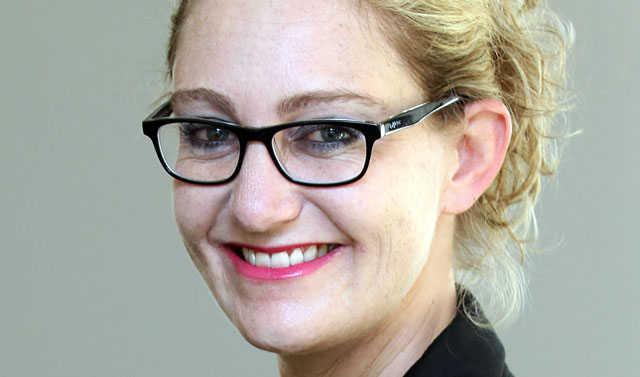
A former palaeoanthropologist with a fascination for statistics is now turning her attention to South Africa’s financial markets.
Merrill van der Walt, who was recently appointed as “big data” analyst for central securities depository (CSD) Strate, has been charged with applying statistical analytics to the vast stores of information collected over 17 years on transactions in South African equity, bond and money markets.
The data is stored in three large data warehouses.
Van der Walt was part of the Rising Star expedition team that uncovered the extinct hominin species Homo naledi in the Cradle of Humankind. She said she has long been fascinated by evolution, but freely admits she is glad to have left the field, in part because it means she no longer has to “deal with creationists”.
Strate, which was responsible for “dematerialising” (removing the paper from) the financial markets, handles post-settlement for trades, guaranteeing transactions and the sale of shares. It processes about 300 000 transactions a day, creating a huge volume of data that Van der Walt has been asked to turn into meaningful insights.
The idea, she said, is to turn the vast stores of data into a new revenue stream for the company, which is 45% owned by the JSE, with the rest of the shares in the hands of South Africa’s banks.
Van der Walt, who quips that she’s moved “from fossils to finance” — she has a PhD in palaeoanthropology and a master’s degree in genetics — said there is a trend to hire people in finance who come from a diverse background. She certainly doesn’t fit the traditional finance mould.
She said her lack of experience in the markets should play to her advantage in that she has no preconceived ideas about what trends and relationships in the data she must analyse should look like.
But it’s the type of statistical work she’s applied as a palaeoanthropologist. For example, she did extensive work mapping the fossils of animal species around a massive inland sea that existed in what is now South Africa between the Permian and Triassic periods some 250m years ago. The sea shrank as the planet warmed, leaving a rich fossil record behind.
“I plotted 40 000 animals along the shoreline as it shrank; saw the rise of mammals at the time. I plotted it all onto a geographical information system with lots of overlays and was able to pick up trends on these animals.”
The language of maths remains the same, no matter if it’s applied in palaeoanthropology or the financial markets, she said.
Strate intends analysing both structured and unstructured data sources to “pick up relationships, correlations and neighbouring analogies that you wouldn’t have been able to compute yourself”.
“You can then forecast and predict and suggest and assist the markets,” said Van der Walt.
Strate is not the first CSD to attempt this. CSDs in a number of developed markets have already begun mining their vast data stores and sell anonymised information to clients. But Strate is one of the first in a developing economy to do it.
Before it gets there, though, Strate must consolidate all of its data sources and create simplified query processes to allow for ad hoc and tailor-made reporting. “You want to be able to include every source of data to allow for truly advanced analytics to take place,” Van der Walt said. The company will soon announce the name of a technology partner that will help it do to the work.
Privacy will be central to the project, she said, adding that Strate is very conscious of the stringent rules set down by the Protection of Personal Information Act, better known as Popi. Access to the system will be secure and controlled. “We will not divulge a granular level of detail. And CSDs must not forget what their core business is, and that’s to bring about regulation and trust; that this is a trusted entity that will guarantee a settlement.”
- This article was originally published in the Sunday Times

